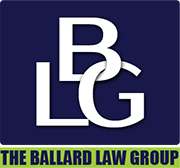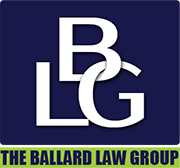You filed for bankruptcy in Georgia and received a discharge of your debt, including the mortgage on your house, the car you surrendered, or your credit card debt. You’ve used the fresh start to get your life back on track, free of creditors harassing you. Then one day you open your mail and find one of your creditors has sent you a 1099 which shows the amount of discharged debt as income to you. Does this mean that you owe taxes to the IRS? The short answer is no, but you will probably have to file a Form 982 with your tax return.
What is a 1099?
A 1099 is a form that the lender may be required to file with the IRS when certain debt is forgiven, cancelled or discharged. 1099-A (Abandonment of Secured Property) is typically filed by the mortgage company following completion of the foreclosure process or by a secured lender when you surrender a vehicle. 1099-C (Cancellation of Debt) is typically filed by a commercial lender when a loan is not repaid. The IRS views debt that is forgiven, canceled or discharged as income to the borrower, however, debt that is discharged in bankruptcy is not taxable income – here is the statement straight from the www.IRS.gov website “Debts discharged through bankruptcy are not considered taxable income.”
What to Do
First, if you receive a Form 1099, don’t ignore it because the creditor has not only sent you a Form 1099, they have also filed it with the IRS.
Secondly, you will need to file a Form 982 with your next income tax return. There is a box on this form that you check to indicate that you have filed bankruptcy. A professional tax preparer will be familiar with this form and can include it with your tax return. If you prepare your own taxes, there are instructions for Form 982 on the www.IRS.gov website.
Contemplating Bankruptcy and Not Sure What to Do?
If you are currently facing foreclosure or having financial problems and think that you might be receiving a Form 1099 in the future, consider consulting with a qualified bankruptcy attorney before this becomes an issue. The attorneys at The Ballard Law Group have extensive experience in this type of situation and we offer a free initial consultation so that you can discuss the specifics of your case. Call us today at 404-220-9916 to schedule your free initial consultation at either our Atlanta or Lawrenceville office.
TERMS OF USE & DISCLAIMER: The content of this website is for informational purposes only and does not, nor is it intended to, create an attorney-client relationship between The Ballard Law Group and the viewer. Bankruptcy is a complex area of law and it is strongly recommended that you consult an attorney for advice regarding your individual situation.

